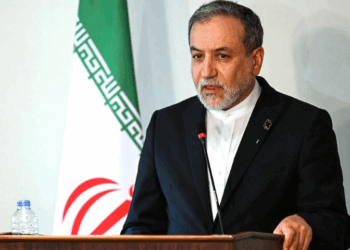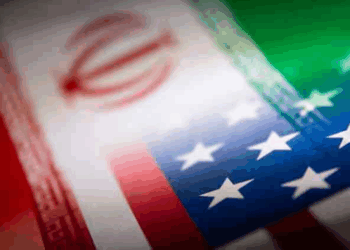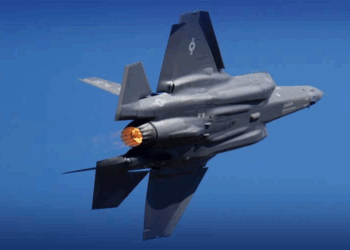Toronto, April 4, 2025: Prime Minister Mark Carney announced on Friday that Canada will impose a 25% tariff on U.S. vehicles in response to what he described as “unjustified and unwarranted” American trade measures targeting Canadian exports.
The move follows U.S. President Donald Trump’s sweeping tariff announcement on Wednesday, which, while sparing Canada and Mexico from a broader set of new trade levies, imposed 25% duties on Canadian steel, aluminum, and vehicles.
“The president’s actions will reverberate here in Canada and across the world,” Carney said at a press conference. “They are all unjustified, unwarranted, and in our judgment, misguided.”
Canada’s retaliatory tariffs will target vehicles non-compliant with the continental free trade agreement, while auto parts and Mexican-origin content will remain exempt. The new policy reflects Ottawa’s effort to safeguard domestic industries and assert its position in a shifting global trade landscape.
Carney emphasized that the revenue from the tariffs will be directed toward relief measures for affected industries and workers, particularly in manufacturing-heavy provinces such as Ontario, which is expected to bear the brunt of the economic impact. Already, a major auto plant in Windsor has announced a two-week shutdown, affecting over 3,500 workers.
“In this new world, we need to look out for ourselves. And because we are Canadian, we will always look out for each other,” said Carney.
The Prime Minister noted ongoing discussions with Mexican President Claudia Sheinbaum and European leaders, as Canada explores new trade partnerships in an attempt to diversify away from overreliance on the U.S.
“If the U.S. no longer wants to lead, Canada will,” he declared.
The escalating trade dispute comes amid Canada’s federal election campaign, with Carney’s Liberal Party experiencing a surge in public support, fueled in part by backlash to the U.S. tariffs. Recent polls suggest the Liberals could secure a majority government if current trends persist.
Conservative leader Pierre Poilievre responded Thursday, vowing to “push hard to end the tariff madness” and seek a renegotiation of the North American free trade pact. He also pledged to eliminate federal taxes on vehicle purchases, promising significant savings for Canadian families.
Ontario Premier Doug Ford, whose province represents the largest manufacturing base in Canada and an economy worth over C$1 trillion, voiced his support for a strong response.
“We negotiate through strength, not weakness,” Ford said, calling the U.S. tariffs “totally unacceptable.”
Trade analysts warn that prolonged tariffs in the automotive, steel, and aluminum sectors could have a lasting impact on Canada’s economy, particularly in industrial regions.
As the situation evolves, all eyes remain on both sides of the border, with trade, jobs, and economic sovereignty emerging as defining issues in Canada’s national debate.








